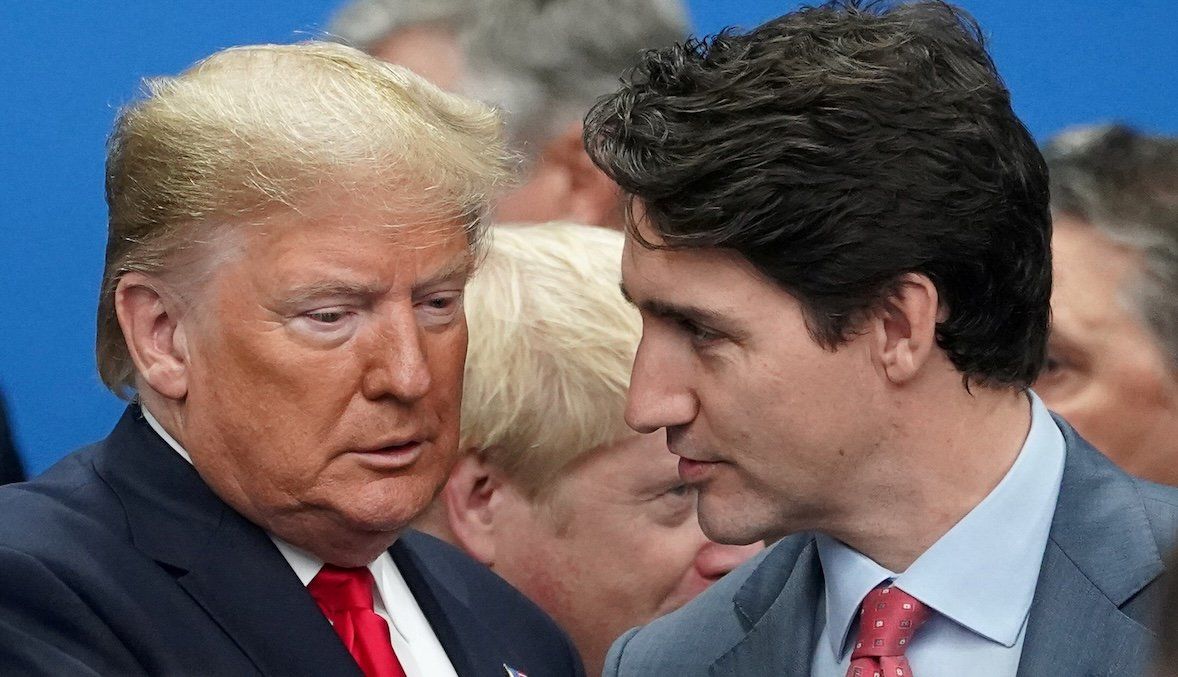Incoming US President Donald Trumpposted on Tuesday that he will create an “External Revenue Service” to oversee his planned trade tariffs, underlining his commitment to these policies – much to the chagrin of America’s neighbors.
“We will begin charging those that make money off of us with Trade, and they will start paying, FINALLY, their fair share,” wrote Trump.
The news came a day after Mexican President Claudia Sheinbaumlaid out a plan to decrease Mexico’s trade deficit with China in what was widely seen as an olive branch to Trump.
By aligning more closely with Trump against China, Sheinbaum hopes she can carve out a special exception for Mexico, and a stronger hand in renegotiations of the US-Mexico-Canada trade agreement. Her administration has already cracked down on the import of counterfeit goods from Asia and placed tariffs on Chinese e-commerce platforms Shein and Temu. She also plans to cut down on reliance on imports for textile and auto manufacturers based in Mexico — but whether that will spare her the wrath of the ERS is yet to be seen.
North of the border, meanwhile, outgoing PM
Justin Trudeau is also working on a plan to defend Canada’s trade interests with the US. He will hold a
cabinet retreat next week to hammer out a potential response to Trump’s tariffs.
